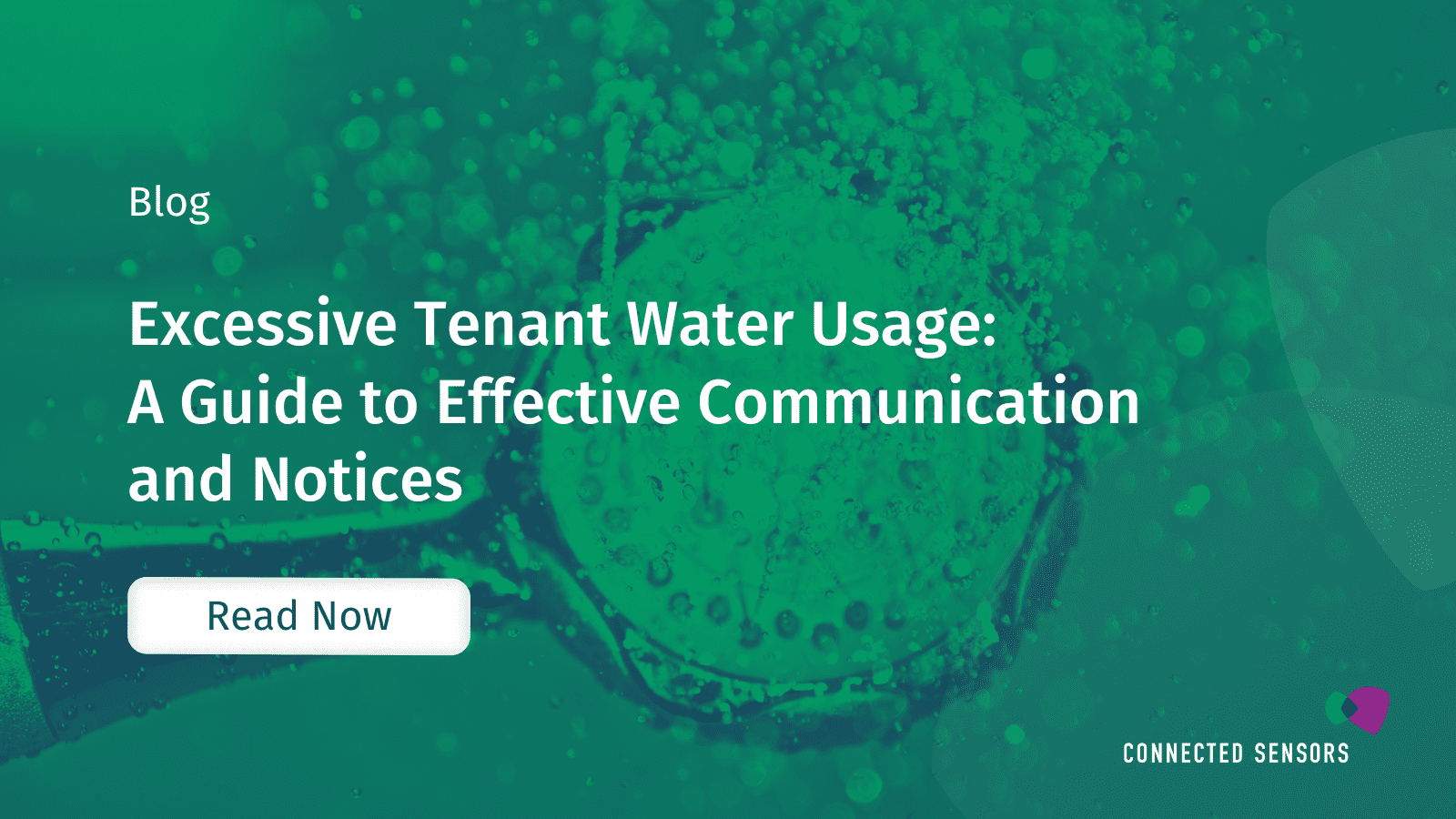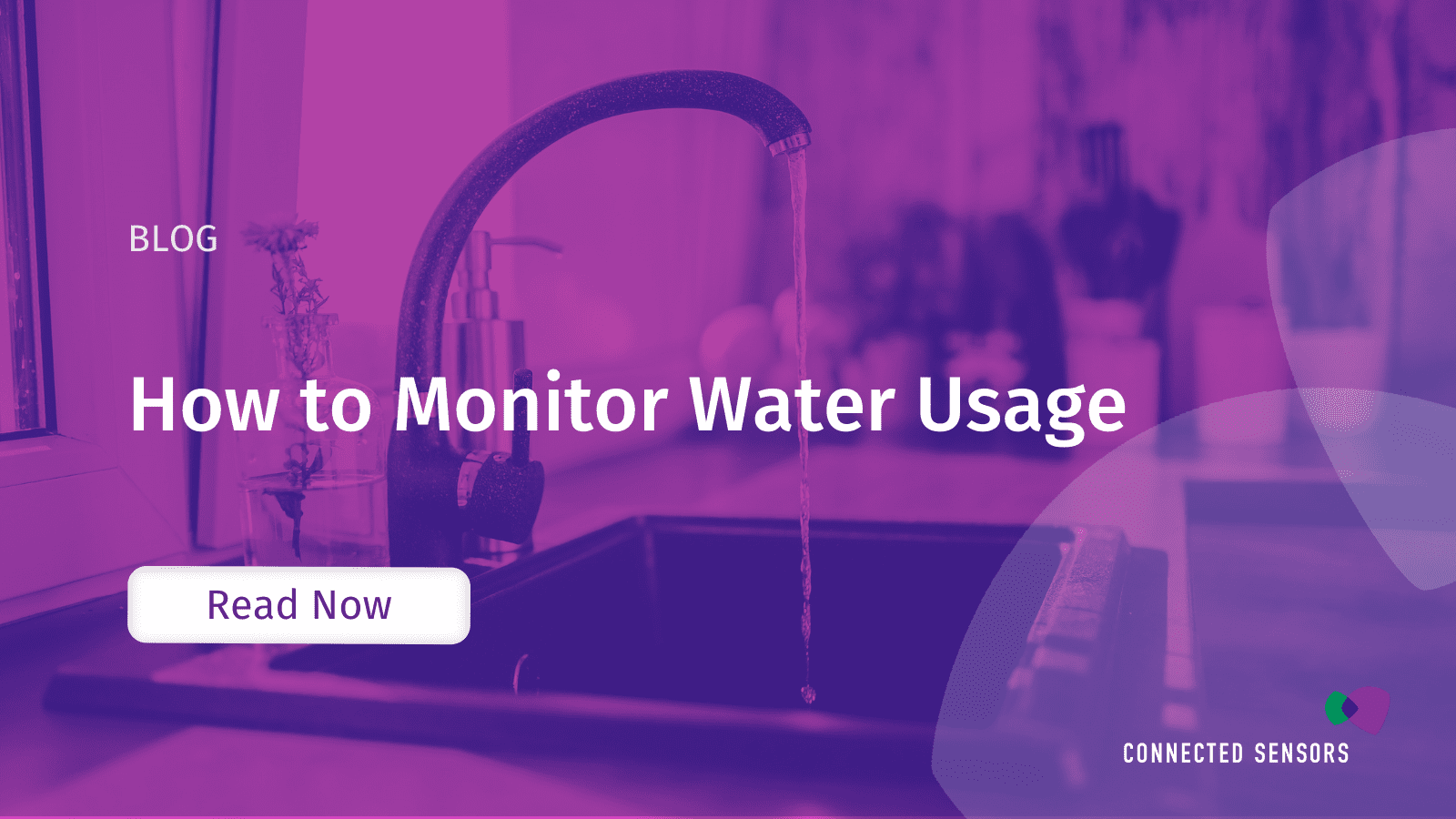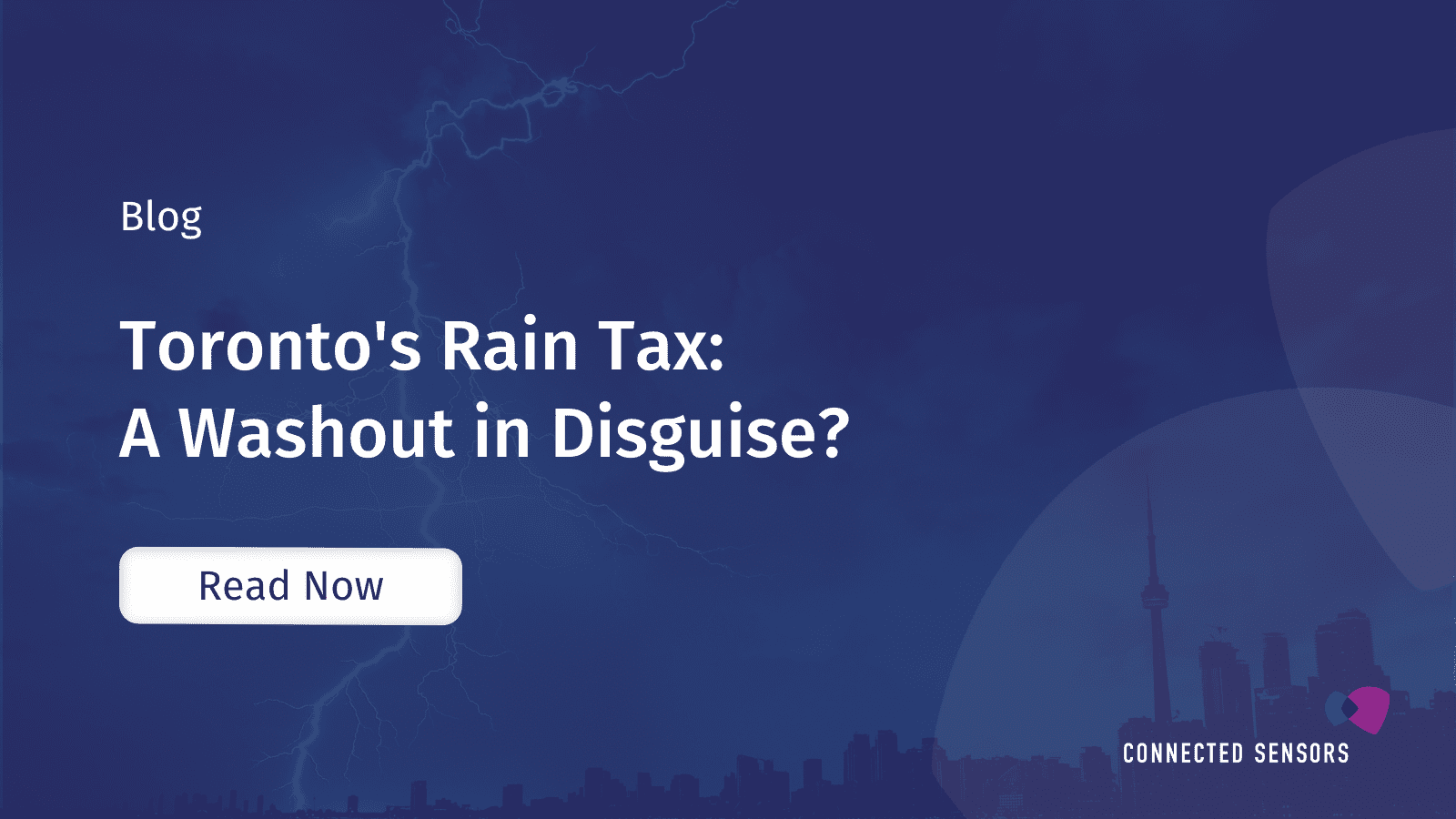





In the realm of renting, both tenants and landlords grapple with numerous uncertainties, especially when it comes to insurance. One critical aspect often shrouded in question is the coverage provided by renters insurance, particularly in the event of water damage. This blog aims to shed light on the nuances of renters insurance, focusing on its role in safeguarding against various water-related mishaps.
Renters insurance is a policy designed to protect tenants from financial losses related to their personal property, liability, and additional living expenses if their rented space becomes uninhabitable. It’s important to note that while renters insurance offers a safety net, it doesn’t cover everything. The devil, as they say, is in the details—or, in this case, the policy document.
Water damage can originate from myriad sources, each with its implications for insurance coverage. Let’s break down the common scenarios:
Burst pipes are a common headache for renters and landlords alike. Fortunately, most renters insurance policies cover water damage resulting from burst pipes or infrastructure issues. This coverage typically includes damage to personal property and, depending on the policy, may also cover the cost of temporary relocation if the rental is rendered uninhabitable.
Flood damage, caused by external factors like heavy rains, hurricanes, or overflow of bodies of water, generally falls outside the scope of standard renters insurance policies. For protection against floods, tenants need to consider purchasing a separate flood insurance policy.
Water damage from an overflowing toilet can be a messy affair. Renters insurance typically covers such incidents, provided they are sudden and accidental. This includes damage to personal belongings and, in some cases, the cost of cleaning.
Washing machine mishaps leading to water damage are generally covered by renters insurance, assuming the incident is sudden and unintentional. This coverage extends to personal property damaged by the water.
Accidentally leaving a faucet on can lead to significant water damage. Most renter’s insurance policies cover this type of water damage, treating it as sudden and accidental.
While renters insurance acts as a crucial safety net for tenants, there are specific scenarios where coverage might not extend, particularly in cases of negligence. Understanding these situations can help tenants remain within the protective bounds of their policies and avoid unexpected financial burdens.
One of the most significant caveats of renters insurance comes into play when damage results from negligence or a lack of maintenance. Insurance companies expect tenants to take reasonable care of their property and possessions. Here are a few examples where coverage might be denied:
Any damage resulting from intentional acts by the tenant, such as purposely leaving a tap open or causing harm in a moment of frustration, will not be covered by renters insurance. Insurance policies protect against unforeseen and accidental events, not deliberate actions.
While not directly tied to negligence, it’s worth noting that most renters insurance policies have limitations or exclusions related to mold damage, mainly if it results from a failure to address water damage promptly. Long-term damage from slow leaks or persistent humidity might also fall outside the scope of coverage, emphasizing the importance of timely reporting and addressing water-related issues.
Normal wear and tear, which can lead to water damage over time, such as an aging roof or deteriorating plumbing, is typically the landlord’s responsibility. However, if a tenant’s actions exacerbate these conditions or fail to notify the landlord about a potential issue, resulting in significant damage, the tenant could be held liable, and their insurance might not cover the damages.
Landlords are generally responsible for maintaining the rental property in a habitable condition, according to state and local housing codes. This includes ensuring that the building’s structure, plumbing, electrical systems, and appliances provided by the landlord are in good working order. When water damage results from neglecting these responsibilities, the landlord may be liable.
If a tenant reports a leaky roof or a faulty plumbing issue and the landlord fails to address it promptly, resulting in water damage, the landlord could be held responsible for the damages incurred as a result.
Water damage caused by appliances or systems that are the landlord’s responsibility, such as a broken water heater or a malfunctioning washing machine supplied with the unit, can also fall under the landlord’s liability.
Landlords are responsible for the building’s structural integrity. If water damage occurs due to compromised foundations, walls, or roofing that the landlord has neglected to maintain or repair, they can be held liable.
While renters insurance provides a valuable safety net against various types of water damage, the key lies in the specifics of your policy and the circumstances of the water damage.
Understanding the intricacies of renters insurance and water damage can empower tenants and landlords to make informed decisions, ensuring peace of mind in the face of unforeseen mishaps.
© 2023 All rights reserved